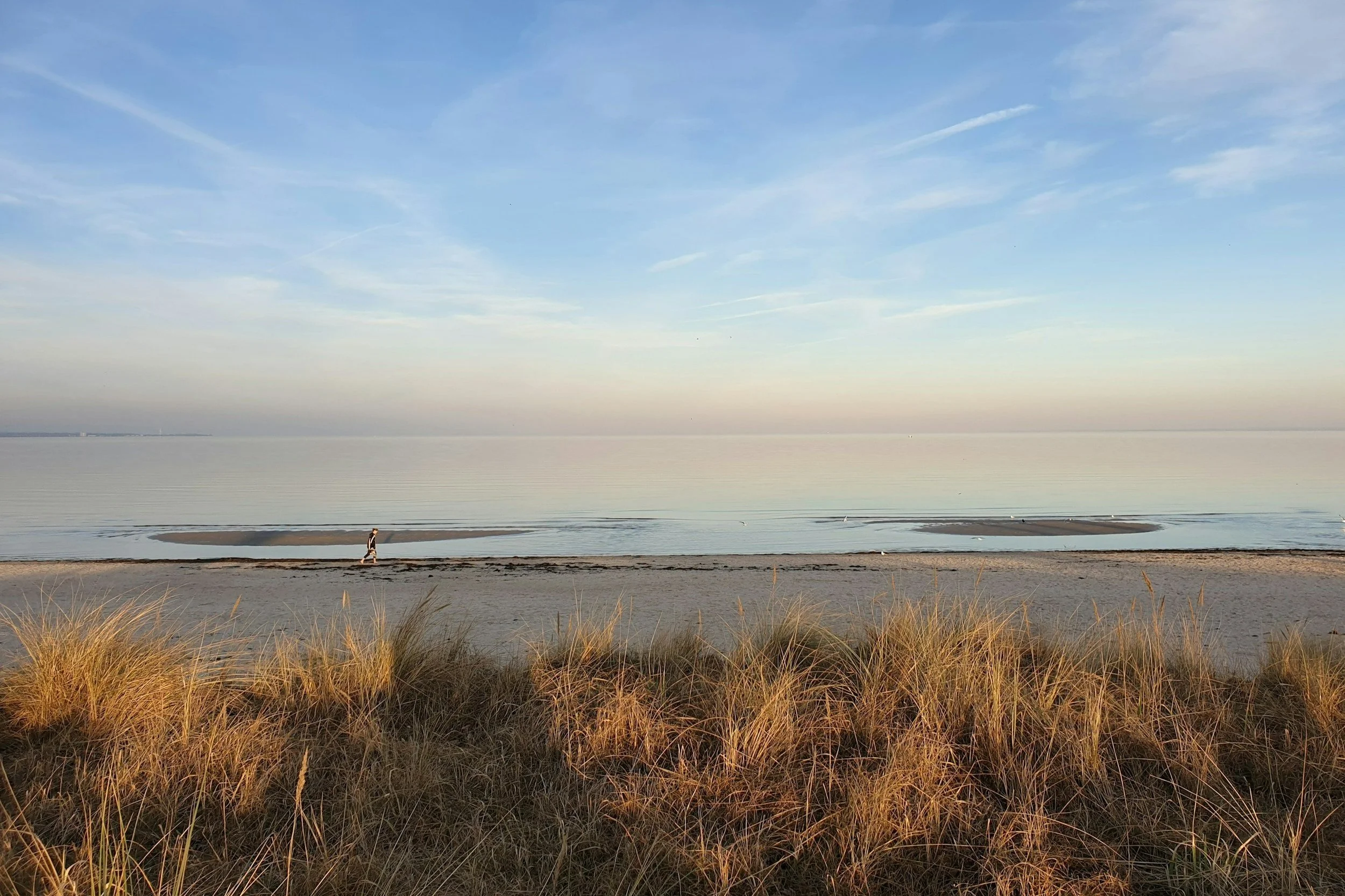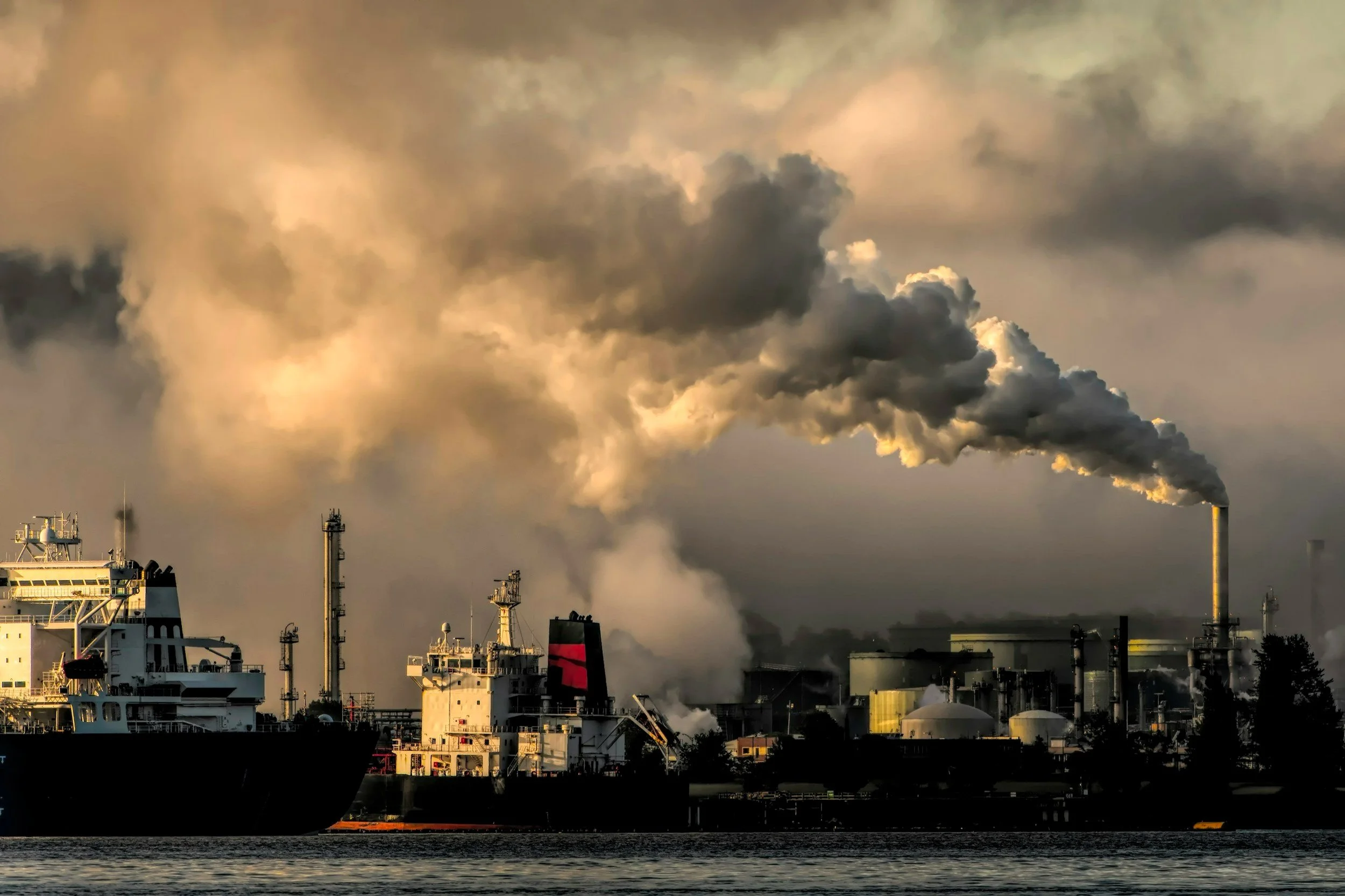
Positions
Where possible, the German Ocean Foundation will take concrete positions on important marine issues and publish these in the form of political briefings here on the website.
As this work requires a great deal of experience and expertise, these briefings are mainly developed with partners from networks in Germany, Europe and around the world, such as the German Nature Conservation Ring, Rise Up For The Ocean, the High Seas Alliance , the Ocean and Climate Platform and the International Union for the Conservation of Nature.
We are always grateful for further suggestions and positions, which you are welcome to send us by e-mail: policy@meeresstiftung.de.
-

High Seas Protection
As a member of the High Seas Alliance, the German Ocean Foundation calls on the German government to ratify the Agreement under the United Nations Convention on the Law of the Sea on the Conservation and Sustainable Use of Marine Biological Diversity of Areas beyond National Jurisdiction, which aims to create a protective regime for 30% of the world's ocean beyond national jurisdiction. This area includes some of the most biologically important, least protected and most threatened ecosystems in the world.
We celebrate the adoption of this historic ‘High Seas’ Treaty, a landmark agreement for ocean conservation, and we welcome the German government’s commitment through its signature. However, true progress depends on swift and decisive action: We urge the government to prioritize ratification, ensuring this treaty becomes a catalyst for meaningful and lasting protection of the high seas.
-

Deep-sea mining
The call for a precautionary pause on deep-sea mining is gaining ground with States, companies and scientists insisting that more research is needed before any extraction can take place. The German Ocean Foundation supports a moratorium and stands by RiseUp's call on governments to take immediate and decisive action by:
Publicly endorsing a moratorium on deep-sea mining to prevent irreversible harm to the ocean.
Rejecting the sponsorship or approval of any applications for deep-sea mineral exploitation.
Championing ocean protection frameworks grounded in justice, the precautionary principle, multilateralism, and equitable stewardship of our shared global commons.
-

Biodiversity
The protection of marine biodiversity is not only of central importance for the ecological balance, but also for the basis of human life. Marine animals and plants play an important role in regulating the climate and are essential for the production of oxygen and the absorption of CO2. The loss of biodiversity jeopardizes many economic sectors that depend on healthy marine ecosystems, such as fisheries and tourism. Protected areas and international programs such as the UN Decade on Ecosystem Restoration could halt the loss of biodiversity and promote the regeneration of marine habitats. A sustainable use of the ocean thus guarantees not only its beauty, but also ensures its essential function for the global ecosystem and, not least, the survival of humankind on our planet.
-

Baltic Sea national park
The Baltic Sea National Park is an outdated example of an attempt to protect sensitive marine ecosystems in a region facing high ecological and economic pressure. The real solution to protecting the Baltic Sea lies in first halting the input of fertilizer from industrial agriculture and in a strict implementation of the fishing quotas set by science. With just these two measures in place, habitats for numerous endangered species would be protected and overfished fish stocks could recover. In our view, a sustainable coexistence and cooperation between humans, nature and the ocean should be our goal rather than rigorous bans. An essential element of this is sustainable tourism, which strengthens the regional economy and raises awareness for the protection of the ocean. Together with the targeted promotion of education and research projects and the development of ocean awareness, protected areas will contribute to the development of marine conservation.
-

Renewable Energies
Renewable energies are currently the most effective measure for marine protection and are crucial for the transition to a climate-neutral future, as they replace fossil fuels and reduce CO2 emissions. Solar energy and solar thermal energy in particular have an enormous potential to supply large amounts of clean electricity, even at our latitude.
The expansion of such technologies will not only help us reach our climate targets but will create jobs in the green economy at the same time. In addition, the use of renewable energies reduces our dependence on imported fossil fuels, thereby strengthening energy self-sufficiency, security of supply and ultimately peace in the world.
By protecting and integrating marine ecosystems into these projects, renewable energies can also be reconciled with the marine biodiversity preservation of biodiversity.
-

Offshore wind
Offshore wind parks are important for the energy transition as they supply large amounts of clean electricity with minimal land use. Wind parks at sea can operate particularly efficiently, as wind speeds are higher and more constant there than on land. Modern technologies enable the construction of wind farms that coexist with marine ecosystems with a minimal impact on flora and fauna. In addition, the foundations of offshore wind turbines can provide valuable refuge areas for ecosystems that would normally be destroyed by fishing.
-

Ocean Literacy
Awareness of the importance of the ocean is a fundamental prerequisite for its protection and sustainable use. Many people are unaware of how much they depend directly or indirectly on the ocean - be it for food, oxygen or climate regulation. Campaigns and educational programmes that promote knowledge about the ocean and the impact of human activities on it can bring about decisive change. Greater ocean awareness motivates individuals and societies to take an active role in protecting the ocean. This creates a broad basis for the implementation of global and regional marine protection measures.
-

Blue Economy
The blue economy combines economic growth with the protection of marine resources and is a key approach to sustainable development. With two-thirds of the Earth's surface covered by the ocean, industries such as sustainable aquaculture, tourism and renewable energy are likely to have the greatest potential to create jobs in the future without irreversibly damaging the environment. They rely on innovations and technologies that promote resource efficiency and environmental protection instead of maximizing short-term profits. Through international cooperation and clear guidelines, the Blue Economy can help preserve marine ecosystems while promoting global prosperity. It shows that economic success and environmental protection can go hand in hand - allowing countries in the Global South in particular to participate fully and fairly in this new development.
-

Marine Strategy Framework Directive
The EU's Marine Strategy Framework Directive (MSFD) is an important political approach to protecting and sustainably using the marine environment. It obliges member states to take measures to achieve a "good environmental status" in all European seas by 2027. The directive provides a clear framework to counteract environmental pressures such as overfishing, pollution and habitat destruction. At the same time, it promotes scientific research to better understand the impact of human activities on the ocean. The MSFD lays the foundation for the long-term protection of European marine areas, the goals of which have been postponed again and again after repeated failures to achieve them. We urgently call for these rules to be continued and for compliance measures to be significantly strengthened.
-

UN Decade on Ecosystem Restoration
The UN Decade on Ecosystem Restoration (2021-2030) places a global focus on restoring degraded habitats, including marine ecosystems. The initiative emphasizes the importance of a healthy ocean for global climate regulation, biodiversity conservation and food security. Through international cooperation and innovative projects, damaged coral reefs, seagrass beds and mangroves are to be restored. These measures not only help the environment, but also the coastal communities that depend directly on marine resources. The Decade is an urgent call to action to provide future generations with intact ecosystems.
-

Permaculture
In addition to climate change, the biggest problem for the ocean is the input of toxins and fertilizers from industrial agriculture. The solution to this would be an immediate switch to sustainable agriculture or forms of modern permaculture. Permaculture offers a holistic approach to agriculture that is more sustainable, regenerative and environmentally and ocean friendly because it is based on natural cycles and promotes the regeneration of soils that are often depleted by monocultures and chemical fertilizers. Healthy soils store more carbon, reduce erosion and have an increased capacity to hold water.
Permaculture is adaptable and more resilient to the effects of climate change. Mixed crops and diversified systems are less susceptible to weather extremes and pest infestations. It enables local communities in particular to produce their own food sustainably on a small scale. In combination with local markets, it reduces dependence on global agricultural markets and makes people less dependent on the pricing policies of supermarkets.
-

Circular economy
Zero pollution and the circular economy are indispensable concepts for protecting the ocean from pollution. Plastic waste, chemicals and other pollutants threaten biodiversity and the health of marine ecosystems. Through innovative technologies that reduce and recycle waste, we must promote the transition to a global circular economy. A pollution-free marine environment not only improves the quality of life for marine organisms it also ensures the survival of people on our planet.
-

Carbon capture and storage injection in the ocean
The injection of CO2 into the ocean through Carbon Capture and Storage (CCS) is being promoted by the fossil fuel industry as the solution to the huge amounts of CO2, even though it is known that the process is too expensive and unsustainable in comparison to developing renewable energies. The effect that this technology could have on the ocean has yet to be determined and could lead to far greater problems than we estimate today. This technology is by no means the transitional solution put forward by fossil fuel lobbyists.
-

Stopping harmful subsidies
Stopping harmful subsidies is essential in order to end environmentally harmful practices and promote sustainable alternatives. Considerable amounts of money are still supporting overfishing and the fossil fuel industryBy redistributing subsidies towards sustainable technologies and practices, the transition to a blue economy can be accelerated and many new jobs created. This transformation would not only strengthen the protection of the ocean, it would also promote innovation and act as a key lever for reconciling ecological and economic goals.
